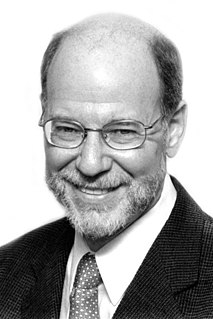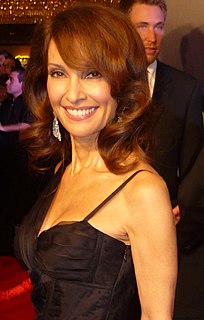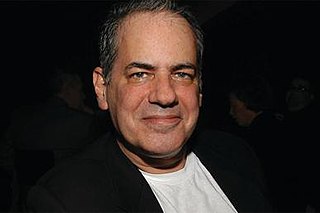Цитата Х. Роберта Хорвица
Оба моих родителя были американцами в первом поколении, детьми евреев, покинувших Восточную Европу на рубеже веков.
Связанные цитаты
В течение сорока лет после прибытия в колонию Плимут первые белые поселенцы боялись, что их дети утратили преданность и религиозные убеждения поколения основателей. С тех пор американцы смотрят на следующее поколение не только с любовью и заботой, но и с изрядной долей беспокойства, беспокоясь о том, хорошие ли они сами родители, опасаясь, что их дети не вырастут хорошими.
[17 век] Пуритане были первыми современными родителями. Как и многие из нас, они смотрели на свое отношение к детям как на испытание собственного самоконтроля. Их цель заключалась не только в том, чтобы обеспечить выполнение ребенком своих обязанностей перед семьей, но и в том, чтобы помочь ему или ей взять на себя личные, индивидуальные обязательства. Они были первыми авторами, заявившими, что дети должны подчиняться Богу, а не родителям, в случае явного конфликта.
Я думаю, что в конце века у нас будет поколение родителей и поколение детей, которые не получат глубокого удовлетворения от того, что они родители, и от того, что они дети, как они могли бы иметь и собираются провести много времени на то, чтобы беспокоиться, волноваться и зависать впустую. Вопрос не столько в том, «Что произойдет в долгосрочной перспективе?» но "Что происходит с жизнями людей прямо сейчас?"
Мое поколение, те, кто были студентами в конце 60-х, всегда, говоря словами ВОЗ, говорили о нашем поколении. Это то, что мы думали о себе, как о самом важном, начиная с нарезанного хлеба. А «мы», которых мы имели в виду, на самом деле были западноевропейцами и американским поколением. И когда я оглядываюсь назад, я полагаю, что у меня есть чувство вины за мое поколение, чувство, что мы были ужасно провинциальными и не понимали действительно важных вещей, которые происходили в Восточной Европе.
Мы были детьми бегства белых, первым поколением, выросшим в послевоенных американских пригородах. К тому времени, когда наступили 60-е годы, многие из нас, особенно геи, стремились развернуться и полететь в обратном направлении. Независимо от того, устарел город или нет, мы не могли представить наше личное будущее в какой-либо другой форме. Улица и линия горизонта значили для нас то же, что лужайка и шоссе для наших родителей: место, где можно дышать свободно.
В Западной Пенсильвании наши родители, бабушки и дедушки оставили нам прочную систему дорог, рельсов, мостов, шлюзов, плотин, трамваев и многого другого — инвестиции, которые окупились на протяжении всего двадцатого века. Теперь нашему поколению предстоит перестроить и улучшить эту систему для двадцать первого века.





































